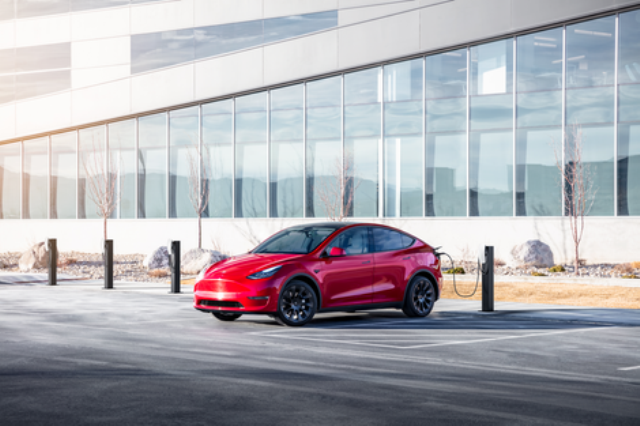Tesla has reported a notable decline in quarterly deliveries, marking its first drop in nearly four years, Reuters news report said.
After experiencing robust sales growth, which propelled Tesla to become the world’s most valuable automaker, the company is now anticipating a slowdown in 2024. Contributing to this downturn are factors such as sluggish demand, particularly in the face of heightened competition in the Chinese market, and delays in refreshing its aging vehicle models amidst consumer reluctance to make significant purchases due to high interest rates.
For the first quarter of 2024, Tesla’s deliveries of electric vehicles declined by 8.5 percent to 386,810 vehicles compared to the same period last year, while the company produced 433,371 vehicles.
Tesla deployed 4,053 MWh of energy storage products in Q1, the highest quarterly deployment yet. Tesla will post its financial results for the first quarter of 2024 after market close on Tuesday, April 23, 2024.
Canalys forecasts the global EV market will grow by 27.1 percent in 2024, hitting 17.5 million units, as a reduction in state subsidies makes the cars less appealing to buyers. The figure follows an estimated growth of 29 percent in 2023 at 13.7 million units, when government incentives helped the adoption of EVs.
| TESLA | Q1 2024 Production | Deliveries | |
| Model 3/Y | 412,376 | 369,783 | |
| Other Models | 20,995 | 17,027 | |
| Total | 433,371 | 386,810 |
Tesla attributed the significant drop in EV volumes partly to Tesla’s efforts to prepare its Fremont, California, factory for increased production of the updated Model 3. Disruptions at its Berlin EV plant due to geopolitical conflicts and an arson attack have also impacted its business. However, Tesla’s production exceeded deliveries by 46,000 vehicles during the quarter, indicating softer demand, according to analysts.
Tesla’s challenges are further exacerbated by intense competition from local players in China, including BYD and Xiaomi, which introduced an affordable electric vehicle priced lower than Tesla’s Model 3.
While Tesla managed to outpace BYD in terms of sales, the Chinese automaker witnessed a 13 percent increase in global battery-electric vehicle (BEV) sales in the first quarter compared to the previous year. Other competitors, such as Hyundai Motor, also reported significant growth in electric vehicle sales.
Tesla is grappling with its own image problems, including ongoing lawsuits and investigations related to its Autopilot driver-assistance system and allegations of manipulating driving-range estimates in its vehicles.
As Tesla braces for a slowdown in sales growth this year, it delivered 369,783 Model 3 and Model Y vehicles, along with approximately 17,000 units of other models, including the Model S sedan, Cybertruck, and Model X premium SUV.
Meanwhile, rival electric vehicle maker Rivian reported stronger-than-expected quarterly vehicle deliveries.
GreentechLead.com News Desk

